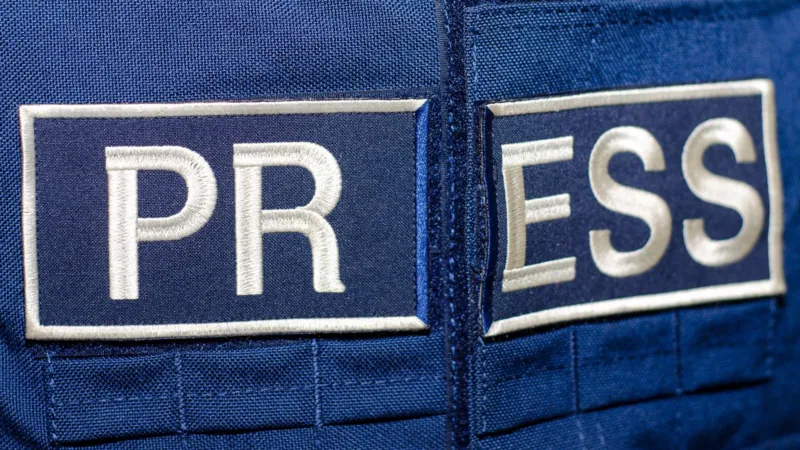Media Minister, Ian Murray emphasized the importance of the move, saying, “Too often, media men are put in harm’s way while fulfilling their vital role of delivering accurate news to the public. It is only right that they feel supported and protected.”
The JSLOs are now appointed in all 43 police forces across England and Wales, as well as the British Transport Police and Counter Terror Policing. Scotland and Northern Ireland had already introduced JSLOs prior to this expansion. The officers offer safety advice ahead of high-risk assignments like protests and ensure that crimes against reporters are properly recorded and investigated.
The initiative stems from the government’s national action plan for journalist safety, launched in October 2023 by the previous Conservative administration. It responds to growing concerns about attacks on press freedom and the safety of reporters, highlighted by high-profile incidents such as the murder of Northern Irish journalist Lyra McKee in 2019.
An Amnesty International report found 71 attacks or threats against media men in Northern Ireland since 2019, with many journalists facing death and bomb threats. Some have had to install bullet-proof windows and panic buttons to protect themselves at home. The report also revealed many threats go unreported due to ineffective processes and a lack of follow-up action.
The National Union of Journalists (NUJ) described the appointment of JSLOs as a crucial milestone, while the Society of Editors and News Media Association also welcomed the move as an important step toward ending impunity for crimes against journalists.
Deputy Chief Constable Sam de Reya of the National Police Chiefs Council affirmed their commitment: “We will continue to ensure newsmen are protected and empowered to do their jobs without fear or intimidation.”
The safety of press men remains a global concern. The Committee to Protect Journalists reported that 104 journalists were killed worldwide in 2024, with many more imprisoned or missing.



